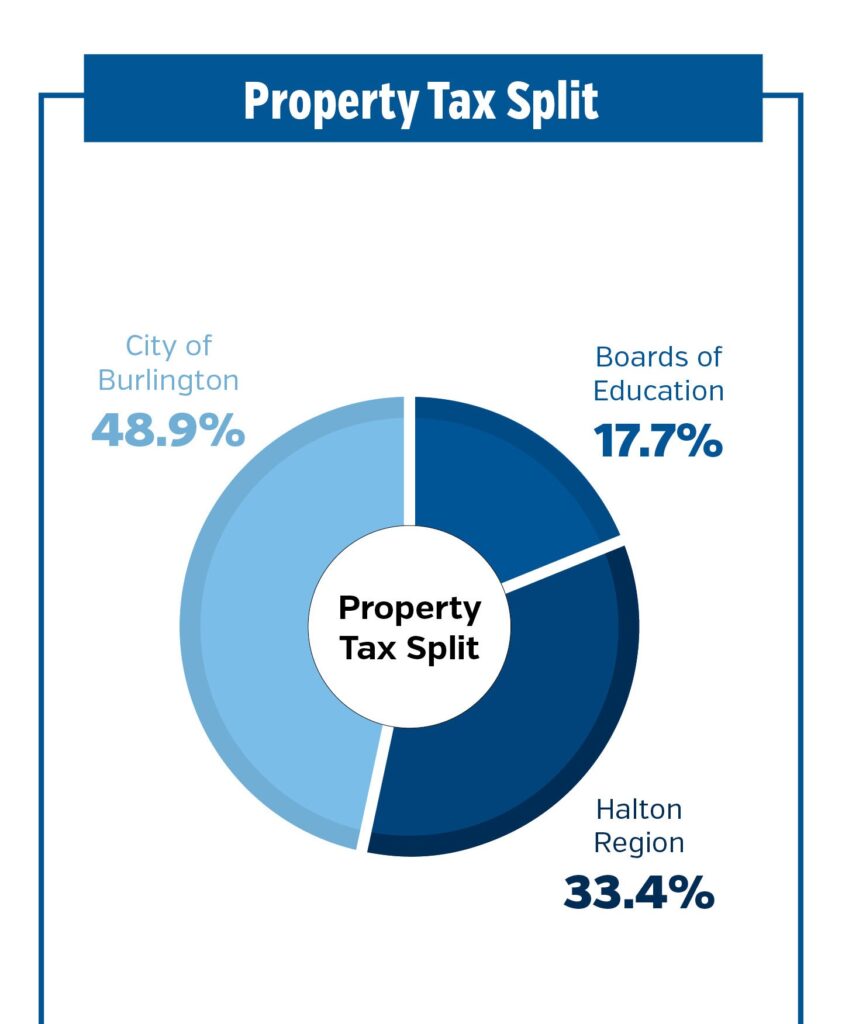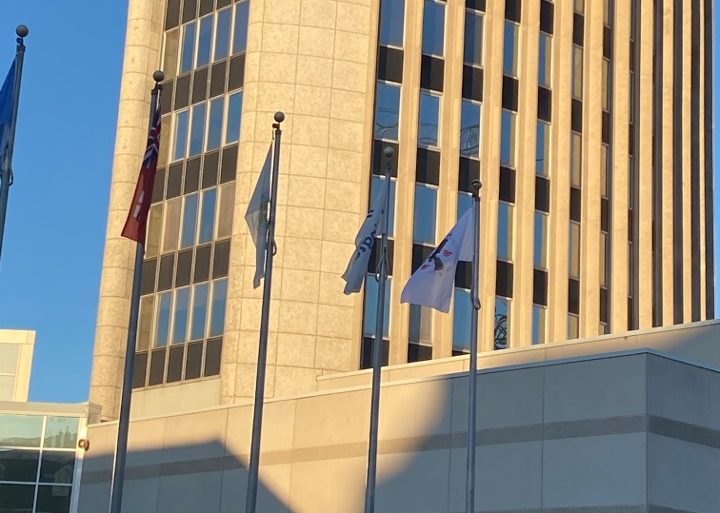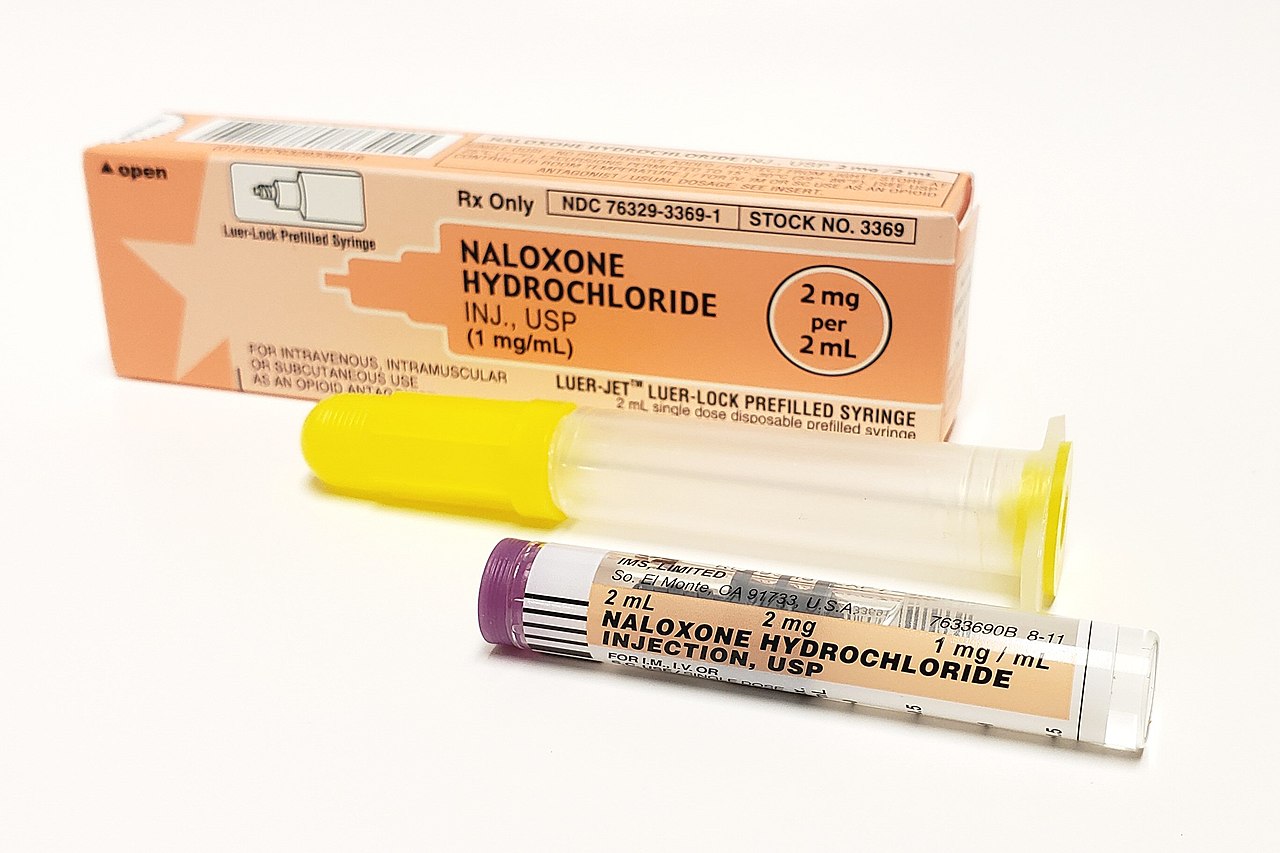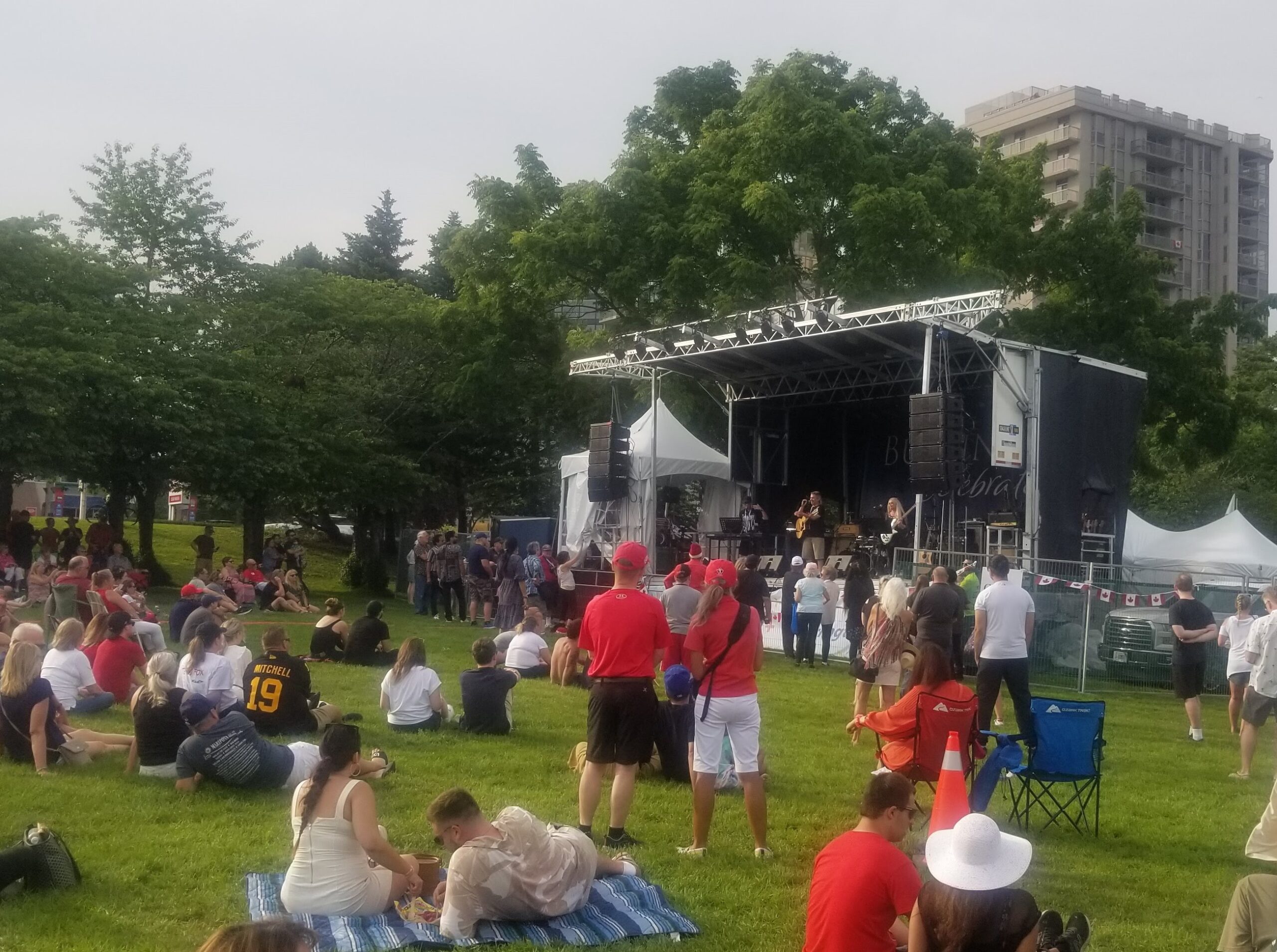By Deputy Mayor of Strategy & Budget, Ward 5 Councillor Paul Sharman
Burlington homeowners have enjoyed the lowest property tax rates in comparison to surrounding communities for decades. That has been achieved by cutting costs and not hiring necessary, important staff. We have constrained headcount levels and pay increases to the degree that the city is both understaffed and no longer competitive, which threatens its ability to provide services at the rate expected by community members. We expect that Burlington will continue to have lower taxes than surrounding municipalities after the 2023 increase.
The city is investing many millions of dollars into infrastructure and staff to ensure that the city can provide high quality services into the future because infrastructure and staff are critical requirements. Meanwhile, economic pressures threaten our ability to do so. For example, Skyway Arena’s rebuild will cost twice as much as planned only three years ago because of worldwide COVID-related labour challenges and supply chain issues. The same is true of the Robert Bateman renovation, which is costing more than expected. In addition, city computing systems are 30 years old and massively out of date. They must be replaced at a cost of $15 –$20 million, and that involves additional cost for redesigning staff processes to take advantage of the new systems.
Roads, recreation centres and all other infrastructure owned by the city, valued at $5 billion, must be maintained and kept in good shape. Presently, the city has a $500 million funding gap to make up in the next 25 years. That happens by increasing the levy to 1.6% in our budget this year, which will increase to a higher amount in the future.
Some community members feel that the city should reduce spending on things that they do not like or use — yet others do use those things. The city attempts to serve the diverse requirements of our community. One person’s “nice-to-have” is another’s “must-have.” Meanwhile, inflationary pressure affects all of us, including the city.
It is difficult to compare city budgets to the budgets of any of the people who live in it. Just like everyone, the city has different pressure circumstances that affect what money is required and how it is spent. For example, transit will collect about $5.3 million in fares, but it will cost $28 million to operate… similar factors apply to the fire department budget.

To complete the thought, after seven years of very low growth, the city has been instructed to give permission to developers to build sufficient housing for 29,000 new residents to live in Burlington between now and 2031 and for at least 70,000 by 2051. That represents a population increase of 36% by 2051.
The city’s circumstances and financial needs are not governed by the same influences as those of individual community members, which are enormously varied. The city will continue to provide services to the residents of Burlington long after I am gone. Just as has been true for all current residents. Future residents have every right to expect to live in a properly designed, properly maintained, adequately serviced, properly functioning municipality, which will be much bigger than today and will require much more infrastructure and servicing than exists today. Things are changing in Burlington.
These are complex times that require careful consideration and thoughtful decisions. I believe council has done that in this budget.





